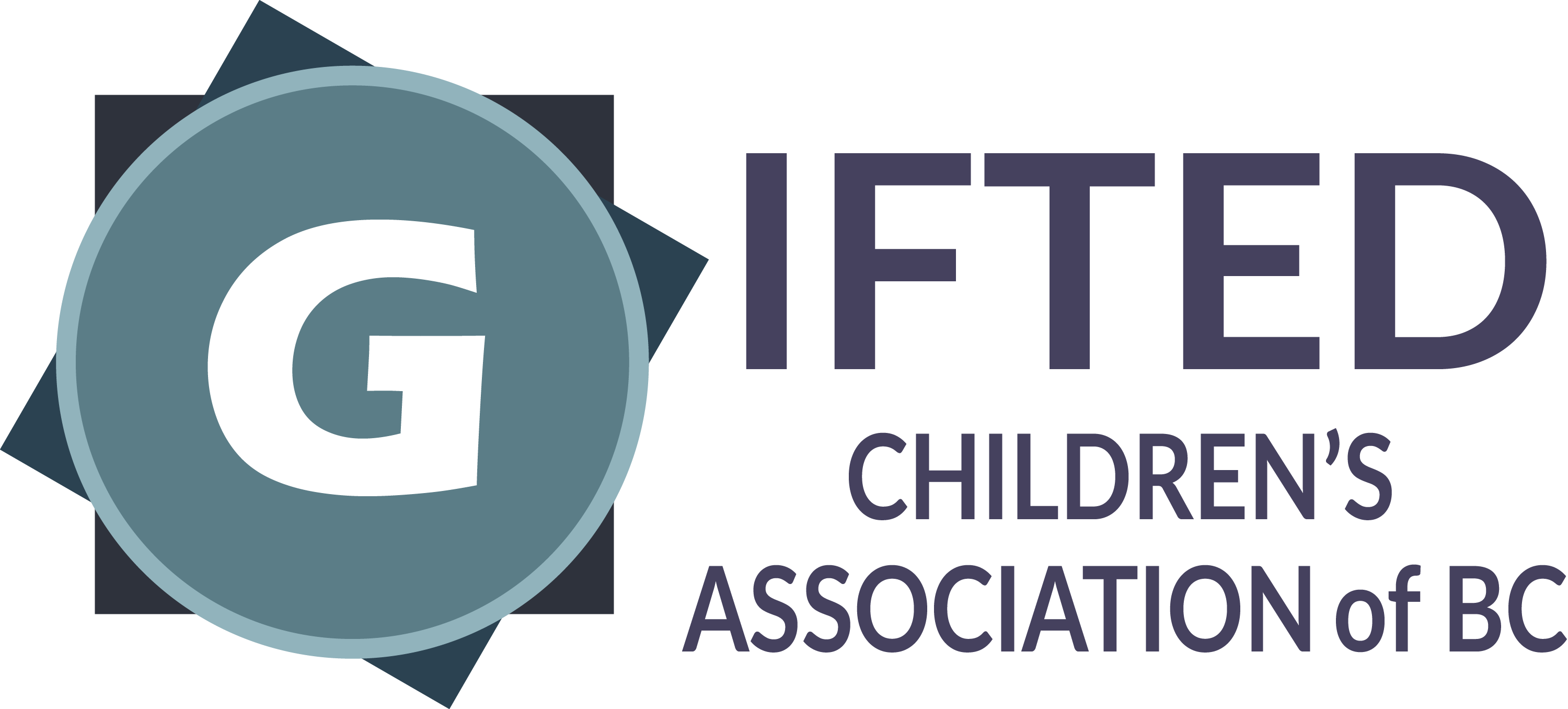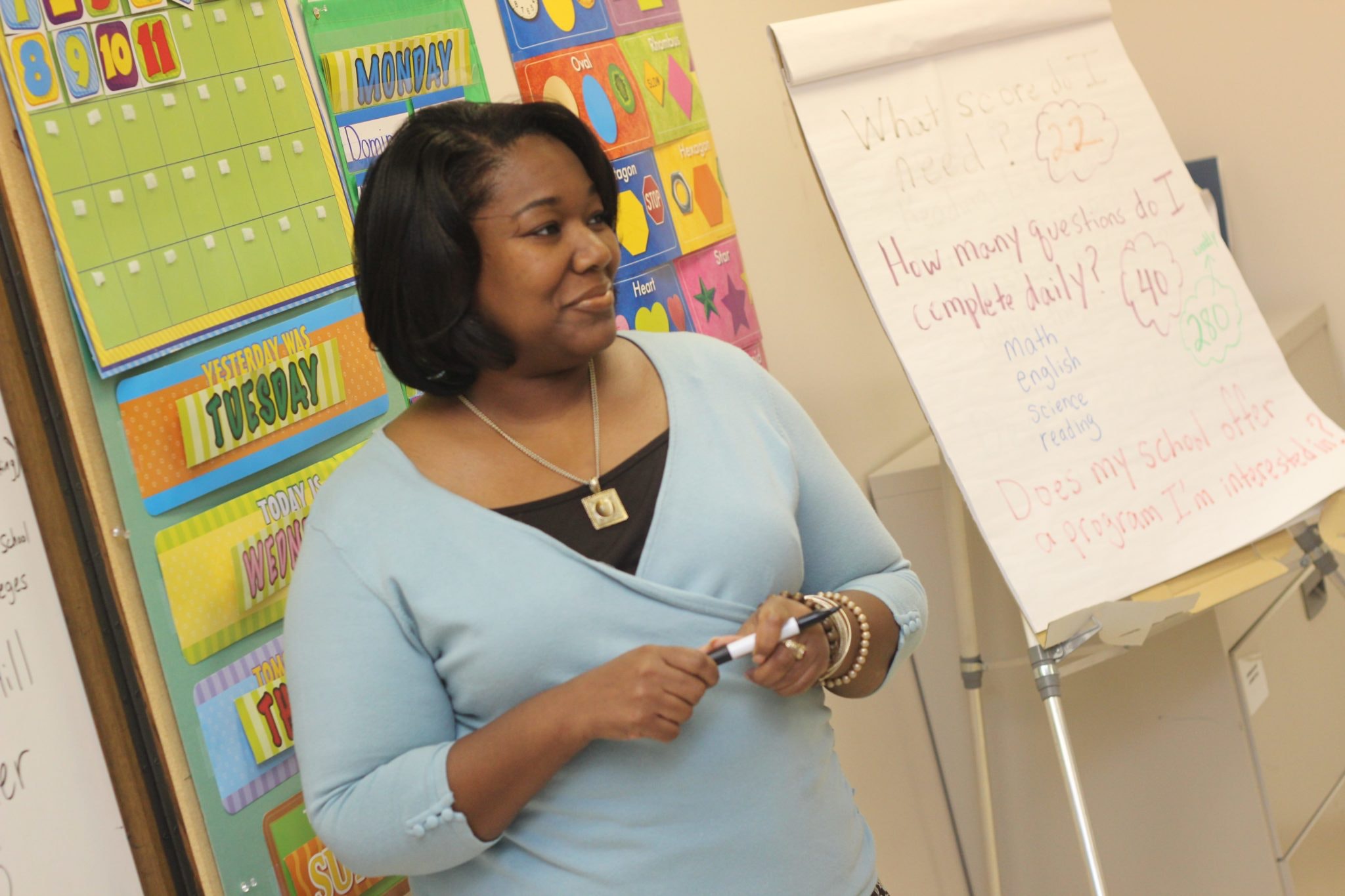By Lucila Saito
The Multi-Age Cluster Class is a gifted program within the public school system, originated in the 90’s in Vancouver, and currently offered in slightly different format in Vancouver, Coquitlam, Surrey and Burnaby. The classes combine highly gifted kids in grades that can vary from 4 to 8. It is a choice program and children need to be referred by a teacher, principal or parent and go through a screening process that might include cognitive tests, interview and/or on-site experience, before offers of admission.
The following information is based on my experience with two kids at Surrey locations (Bayridge and Crescent Park Elementary), during a period of six years and three different teachers. It does not necessarily apply to other districts. The MACC in Surrey currently exists in four different schools (20 students in each class, in a combination of grades 5 to 7).
Referrals and Screening in Surrey
Referrals are due at the end of March each year, tests are run between April and May, and results are received in late May/early June. Parents receive a letter of acceptance or rejection and the results from the screening. A short interview with the students only is done during the tests. In June, children who passed the tests are invited to experience a day in their future classroom. Children might try to gain admission for Grade 5, 6 or 7.
Due to the limited capacity and specific demands at each year (aiming to balance gender and grade mix in each classroom), many students that take the tests are not offered admission. They are encouraged to try again in the following year, and I have seen quite a few of them succeed.
Typical student profile
Students accepted in the MACC are expected to be self-motivated learners, focused and emotionally mature. They normally have reading and math skills 2 or 3 years above grade level and enjoy complex material. Not all kids are advanced in Math though, and some complete just the regular program. And quite a few are competitive in sports too.
Workload
I think the main misconception we all have is that in the MACC kids will study a lot more, have more homework or become super busy. Sometimes they do advance informally into high school subjects (I have seen this mainly for Science – not accredited, but keeping up with their interests. For Math, see below). In general, though, the approach is more quality than quantity. They will be encouraged to think deeply, work with more complex material and be independent, but don’t expect hours of homework every day.
Self-learning Math
Math is taken individually at their own-pace, meaning there is no formal instruction. Children are expected to read the concepts from the textbook, ask the teacher if they have any problems, complete the exercises (including daily homework) and take the tests when they feel ready. I think the MACC approach to Math is one of the main differences from a regular classroom, and there has always been some controversy among parents about the benefits and drawbacks:
Pros: They work independently on their level and might finish elementary grades and keep on moving through high school levels. Seeing classmates advance is a motivation for some kids to work harder.
Cons: They might need some help with time management to keep the pace. They also might skim through the material, do well in the tests, but still not learn the concepts properly. I have known about kids who had problems with their math later on in high school. Some might be discouraged by the advanced skills of some classmates (there are kids who finish Grade 10 or 11 math in Grade 7).
Important thing to know: the children are allowed to officially advance into high school grades for Math, and this level is validated by the MACC teachers in Surrey when transitioning to high school, without the need to take challenge exams. That means if your child complete Grade 8 (or 9, 10…) math before the end of Grade 7, s/he should be allowed to register for the next grade when starting high school. Note that other districts might have different policies.
Personal Interest Project (PIP)
The PIP is a project that is developed during the whole year. It is particularly challenging for first year students (whatever the grade), due to the long term planning and the unlimited choice of subjects and presentation methods. But it is an excellent opportunity for the child to go deep into their interests, and the end result could be a movie, a model, an event, or even a standard PowerPoint presentation.
Friendships
Many kids and parents feel the best part for them is just by being among kids that can share their passions or even understand their advanced thoughts and language! It is never uncool to talk about Physics or Shakespeare in this class. Since kids stay in the same class for up to three years, potentially with the same teacher, they make lasting friendships, and the families can enjoy a closer relationship with the teacher and the other families.
School-wide activities
Many people ask about how the MACC is integrated with the rest of the school. In theory they are just another division, with kids participating in sports, band, choir, drama, science fair and all the activities that interest them in that particular school. They graduate with the other Grade 7’s and are invited to go to camp as well. BUT it will depend a lot on the school and teacher, and also the composition of that year. Groups where most of the kids came originally from that school, are naturally more integrated with the regular students.
Field trips
My kids have been to a variety of field trips with the MACC, including some to UBC, but also to play golf, curling, museums or hikes. Also varies with the teacher. There are a couple of meetings with all the four MACC classes in Surrey.
In conclusion, I enjoyed all the years my kids spent in the MACC, different as they were. They pushed themselves harder than they would in a regular class, and had fun. They also made strong friendships along the years. If you are interested in the program, first contact your child’s teacher and/or principal. You might also need to get more information from the gifted education teacher in the respective school district (contacts are found here: http://lowermainlandgiftedcontacts.weebly.com/contacts.html).




